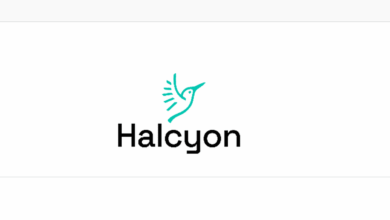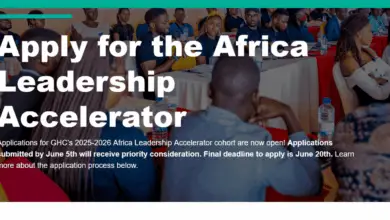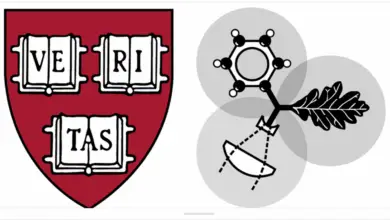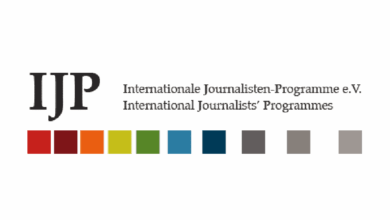Applications are now open for the Fully funded United Nations African Policy Innovation Fellowship 2025
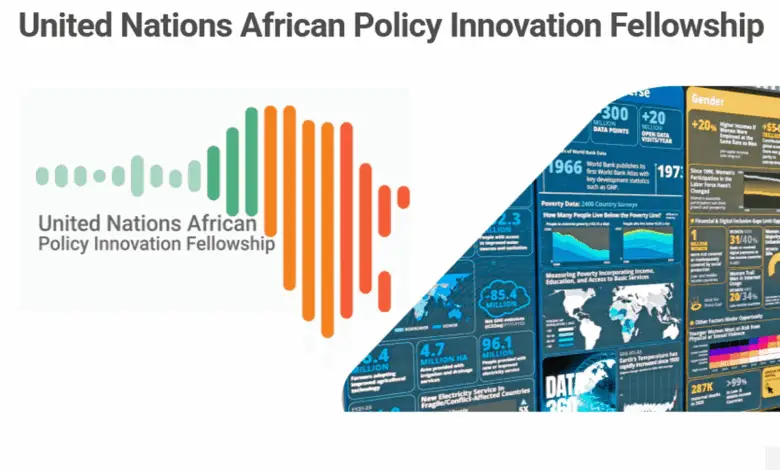
Closing Date: 20 June 2025
Applications are now open for the Fully funded United Nations African Policy Innovation Fellowship 2025
Are you a junior to mid-level African civil servant passionate about shaping national development? The United Nations Office of the Special Adviser on Africa is launching a transformative 6-month Fellowship for African policymakers!
Overview
The United Nations African Policy Innovation Fellowship seeks to foster a generation of policymakers who are well-versed in policy analysis and implementation and deeply committed to advancing the values of inclusivity, transparency, and accountability. Through collaborative learning, mentorship, and exposure to global best practices, the Fellowship aims to cultivate a cadre of African policymakers who will champion sustainable development and peacebuilding efforts in their respective countries and beyond. This vision is rooted in the belief that investing in Africa’s human capital sows the seeds for a more prosperous and equitable tomorrow.
Through a structured, multi-phase model, the fellowship enables junior and mid-level government officials to develop and implement data-driven, contextually grounded policy solutions aligned with national priorities. Oversight of administrative and coordination aspects will be conducted by the Office of the Special Adviser on Africa (OSAA), aligning with its mandate to address the root causes of development and peace challenges on the continent, aligned with the Secretary General’s 6 transitions:
- Food systems
- Energy access and affordability
- Digital connectivity
- Education
- Jobs and social protection
- Climate change, biodiversity loss, and pollution
Structure:
The United Nations African Policy Innovation fellowship employs a structured, three-phase programme that combines conceptual training, policy design, and applied implementation support. It aims to equip participating policymakers with the analytical and operational capacities to design data-driven, fiscally grounded, and context-responsive policy interventions aligned with national development priorities and institutional mandates. Fellows are expected to complete the programme in its entirety, submitting all required documents for each of the three phases, and failure to do so may result in the termination of the fellowship.
- Phase 1 – Conceptualization:
- Fellows begin the programme with a learning phase that focuses on conceptual clarity, diagnostic analysis, and policy design fundamentals.
- Fellows refine their project proposals into actionable policy frameworks grounded in national data systems and institutional realities.
- Interactive sessions will be delivered by UN policy experts, development economists, and data specialists, with an emphasis on using administrative data and national statistics for decision-making.
- Fellows receive tailored mentorship on aligning their proposals with national planning frameworks and sectoral strategies.
- The output of this phase will be a conceptual framework document and data inventory to support further research and analysis.
- Phase 2 – Policy Innovation Development:
- Fellows will deepen their understanding of how international norms, financing instruments, and cooperation frameworks interface with domestic policymaking.
- Fellows are placed within a host UN entity aligned with their proposed policy innovation (linked to one of the UN Secretary-General’s Six Transitions).
- They participate in intergovernmental and interagency policy dialogues, contributing African perspectives to global conversations while refining their interventions in real time.
- Fellows receive technical support to strengthen the fiscal and institutional feasibility of their projects, including methodologies for integrating DRM strategies and climate finance or leveraging SDG-aligned budgeting.
- The output of this phase will be a completed policy paper outlining the policy innovation approach being proposed.
- Phase 3 – Preparation for the programmatic implementation:
- Fellows focus on preparing for the implementation of their project within their national institutions.
- They will engage with relevant ministries and stakeholders to assess institutional fit, political feasibility, and financing pathways.
- They will refine implementation plans and conduct preliminary risk and stakeholder analyses.
- Fellows formally present their policy frameworks to national authorities for feedback and alignment with ongoing national development plans and UN Sustainable Development Cooperation Frameworks.
- The output of this phase will be a completed implementation strategy containing a strong funding component.
- Following the six-month core fellowship:
- Fellows reintegrate into their public sector institutions with the objective of pursuing the implementation of their project using the outputs of the previous phases.
- OSAA will maintain structured follow-ups and technical support, facilitating access to UN system capacities and catalytic partnerships.
- Formal monitoring will be conducted annually to assess progress, capture lessons learned, and feed into policy dialogue at national and regional levels.
Fellowship Application Process
Prospective fellows must submit a project proposal as part of a competitive selection process. Proposals shall address a national-level policy challenge related to one of the six transitions. The proposal should:
- Incorporate a data inventory outlining available sources and data gaps.
- Demonstrate how national data will be leveraged to develop an actionable policy framework.
- Include a strong financing component linked to domestic resource mobilization, fiscal policy coherence, or innovative financing mechanisms (e.g., carbon markets, remittances, SDG-aligned bonds).
- Proposals must be submitted using the template provided – submissions in any other format will not be considered.
Eligibility Requirements
- Applicants are expected to be current junior to mid-level civil servants in their home countries engaged in key ministries such as finance and planning, energy, agriculture, education, and homeland security.
- Applicants must have demonstrated work experience in research/analytical work in socio-economic and political development, trade and investment, natural resource management/law, regional integration, infrastructure development, including transportation, logistics, energy, governance, peace, and related areas in the context of Africa.
- The fellowship programme is focused on policy research and analysis. Thus, applicants are expected to have strong analytical, research, data, communication, and interpersonal skills.
- Applicants must have an advanced university degree (Master’s or doctorate, or their equivalents) linked to the area of specialization contained in their project proposals. A first-level university degree in combination with two years of relevant work experience may be considered in lieu of an advanced degree.
- The maximum age limit is 40 years at the time of application.
- Applicants must submit a supervisor’s endorsement letter confirming support and releasing the fellow for the in-person phase.
- English and French are the working languages of the United Nations Secretariat. Fluency in either language is required for the fellowship, and working knowledge of the other is an advantage.
Logistical Information
- Subject to satisfactory completion of the initial phase of the UN African Policy Innovation Fellowship and the issuance of an appropriate visa by the host country, an in-person component at UN Headquarters in New York is foreseen.
- During this phase, Fellows will be supported with a return air ticket, a monthly stipend, and medical cover, subject to UN regulations.
- Note that the stipend is intended to support fellows in covering the costs of lodging, board and other essentials and is not intended as a salary or honorarium, or to support fellows’ expenses in their home countries.
- Payment of the final monthly stipend is subject to the submission of all required documents for this phase of the UN African Policy Innovation fellowship.
Click Here To Apply
Follow Opportunities For Everyone on Social Media

